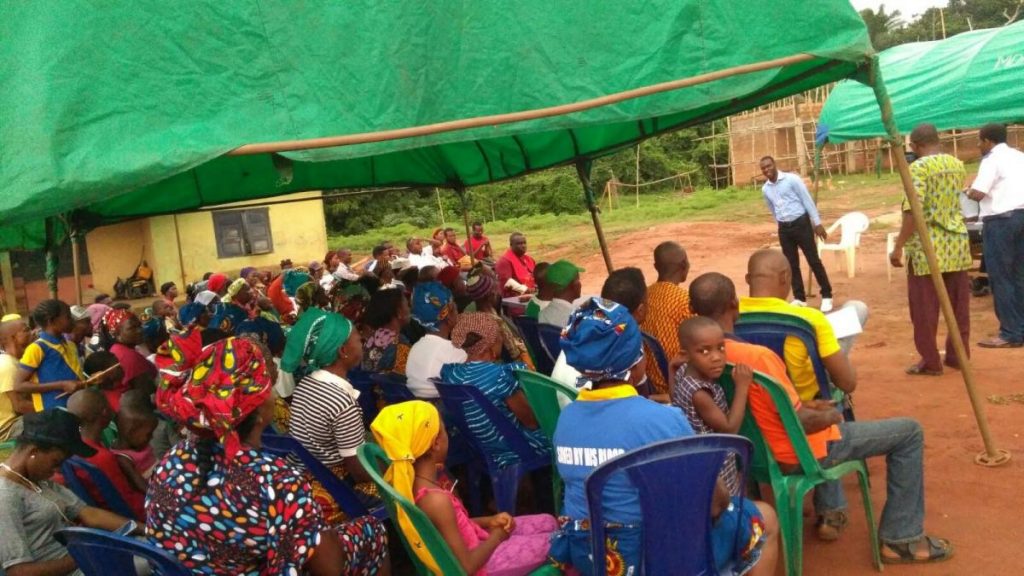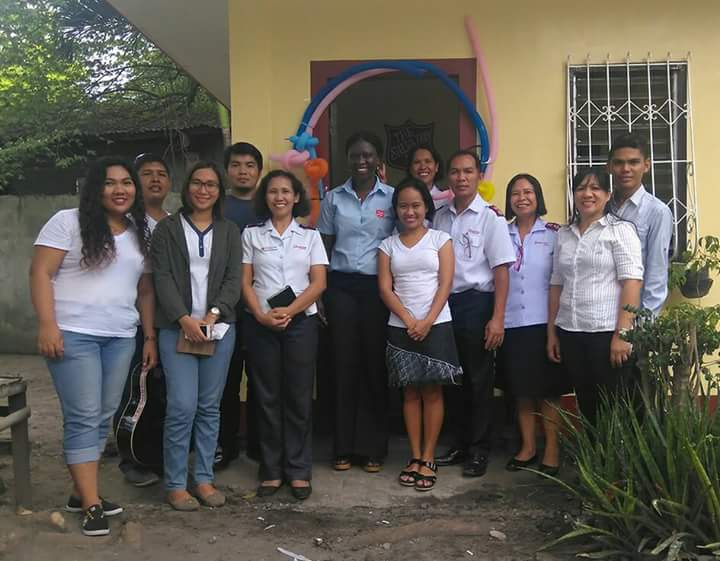The two countries have been linked to high victim referrals.
On the back of the U.N.’s World Day Against Trafficking in Persons on July 30, The Salvation Army will launch the Community Awareness and Recovery (CAR) project in Nigeria and the Philippines.
Funded by the Modern Slavery Innovation Fund and administered by the Home Office, the program will work to prevent modern slavery and trafficking of people from these two high-risk countries.
For the CAR project, The Salvation Army will recruit suitable families in both countries willing to host trafficking victims as they receive support during their recovery. This support, tailored to each person’s needs, could include skills training, livelihood support and links to community support systems to help them become more self-sufficient and, ultimately, less vulnerable to re-trafficking.
Staffers will also recruit and train anti-trafficking volunteers as “champions,” who will serve as a point of contact in their communities and help identify survivors who can then be referred into the program. The training programs will be run through established Salvation Army churches and community centers in both countries, bolstered by partnerships with both local and national agencies.
The Home Office will fund the project for up to two years, enabling The Salvation Army to build on existing work, funded from its own charitable donations
“These projects in the Philippines and Nigeria are a fantastic opportunity to stamp out the problem at its source,” Anne Read, The Salvation Army’s Anti-Trafficking and Modern Slavery Director for the United Kingdom Territory with the Republic of Ireland (UKI). “The Salvation Army is already privileged to be able to provide specialist support to victims of modern slavery who have been referred to us after escaping slave-like conditions in the U.K. This funding will help us extend our international commitment to protecting people from being trafficked and enslaved in the first place.”

From June 2015 to July 2016, Nigeria was the second highest nationality to be referred to The Salvation Army under the Victim Care and Coordination Contract, while Filipinos ranked 15th.
Across the world The Salvation Army runs more than 30 projects aimed at raising awareness of trafficking and slavery, and supporting survivors in source countries targeted by traffickers.
Research gathered from the CAR project in these two countries will be used to inform other Salvation Army anti-trafficking work and shared with partner organizations.
“We will build on our wide experience of managing these kinds of projects, which includes similar work made possible through charitable funds from the U.K. in countries such as Nepal, Malawi and Poland,” Read said. “We are absolutely delighted to receive this funding so we can work with communities in Nigeria and the Philippines to try to effect lasting changes in attitudes, awareness, and opportunities which should protect those people most at risk of falling victim to the money-making ploys of the traffickers.”











